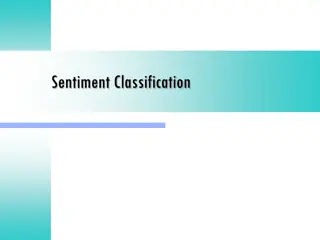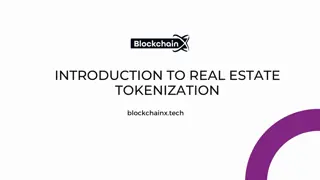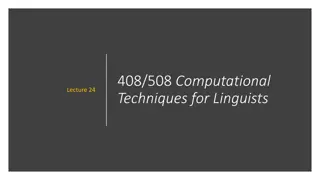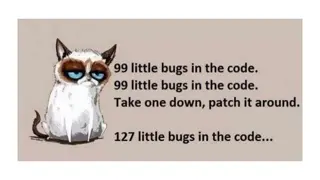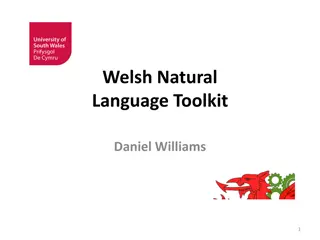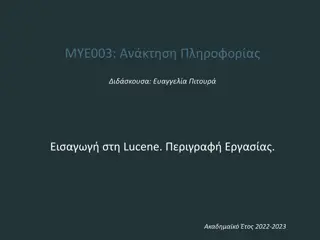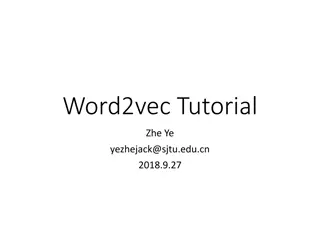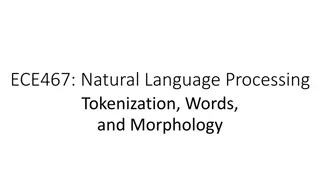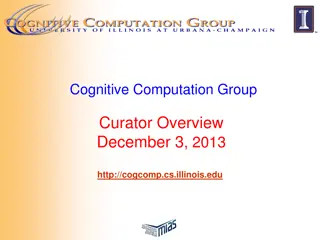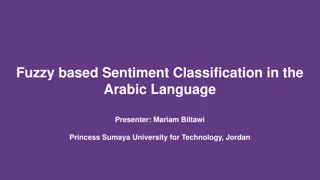Revolutionizing Financial Systems with Aquo Protocol
Aquo aims to integrate global financial systems into a unified protocol, addressing issues like limited liquidity, high costs, and restricted access to diverse assets. By tokenizing Real World Assets and offering innovative solutions, Aquo empowers investors with enhanced liquidity, global access, a
1 views • 10 slides
Real World Asset Tokenization.
Revolutionize asset ownership with our cutting-edge real-world asset tokenization platform development powered by BlockchainX. Streamline transactions, enhance liquidity, and unlock new investment opportunities through secure and transparent blockchain technology.
8 views • 10 slides
Tokenization in Blockchain
Real Estate Tokenization is making a huge mark in the blockchain world. With rapid growth and underlying opportunities, there are possible scales to amplify. Check our Real estate tokenization guide.
4 views • 7 slides
Real World Asset Tokenization in Blockchain Technology
Tokenization of real-world assets in blockchain technology digitizes physical assets into blockchain tokens, increasing liquidity, transparency, and accessibility by transforming traditional markets through fractional ownership and automated smart contracts.
0 views • 9 slides
Understanding Sentiment Classification Methods
Sentiment classification can be done through supervised or unsupervised methods. Unsupervised methods utilize lexical resources and heuristics, while supervised methods rely on labeled examples for training. VADER is a popular tool for sentiment analysis using curated lexicons and rules. The classif
7 views • 17 slides
Introduction to Real Estate Tokenization
This presentation explores the concept of real estate tokenization, It covers the basics of tokenization, its benefits such as fractional ownership, increased liquidity, and enhanced accessibility,The presentation also delves into the regulatory land
1 views • 7 slides
Exploring Computational Techniques with NLTK for Linguists
Dive into the world of computational techniques for linguists with NLTK in Lecture 24. Learn about list comprehensions, conditional forms, tokenization, part-of-speech tagging, parsing, chunking, concordance, similarity, common contexts, dispersion plots, and more. Discover where NLTK is installed o
0 views • 22 slides
Text Analytics and Machine Learning System Overview
The course covers a range of topics including clustering, text summarization, named entity recognition, sentiment analysis, and recommender systems. The system architecture involves Kibana logs, user recommendations, storage, preprocessing, and various modules for processing text data. The clusterin
0 views • 54 slides
Building interactive interpreter for Calculator Language with REPL, Parsing, and Lexical Analysis
This project involves creating a user interface similar to a Read-Eval-Print Loop (REPL) for programming languages. Users can input text representations of expressions, which are then parsed, evaluated, and errors are handled accordingly before displaying the expression's value. Additionally, the st
0 views • 22 slides
Welsh Natural Language Toolkit Overview
The Welsh Natural Language Toolkit (WNLT) is an open-source software for Welsh NLP, offering features like tokenization, lemmatization, part-of-speech tagging, and named entity recognition. With a user-friendly GUI and CLI, as well as an accessible API, WNLT simplifies NLP tasks for both technical a
0 views • 29 slides
Understanding Lucene: A Comprehensive Overview of a Powerful Search Software
Lucene is an open-source search software library that provides Java-based indexing and search capabilities, spellchecking, hit highlighting, and advanced analysis/tokenization features. Used by major companies like LinkedIn, Twitter, Netflix, and more, Lucene is known for its scalability, high-perfo
0 views • 58 slides
Understanding Word Vectors and Training with Gensim
Explore the differences between one-hot representation and word vectors, learn about virtual environments in Python for training word vectors, and dive into the process of evaluation, analogy, and word clustering. Discover tools like Anaconda and Virtualenv, popular libraries like Gensim, and the si
0 views • 16 slides
Understanding Tokenization, Lemmatization, and Stemming in Natural Language Processing
Tokenization involves splitting natural language text into wordforms or tokens, with considerations for word treatments like lowercase conversion, lemmatization, and stemming. Lemmatization focuses on determining base forms of words, while stemming simplifies wordforms using rules. The choice of wor
0 views • 34 slides
Overview of Cognitive Computation Group Curator Tools
The Cognitive Computation Group Curator provides a range of NLP tools for tasks such as Tokenization, Part-Of-Speech Tagging, Named Entity Recognition, and more. Users can access these tools in various programming languages like Python, Java, and Perl, with a focus on creating efficient NLP pipeline
0 views • 23 slides
Enhancing Arabic Sentiment Analysis Using Fuzzy Logic Approach
Presenter Mariam Biltawi from Princess Sumaya University for Technology in Jordan discusses a research project on enhancing automatic polarity classification of Arabic text using a lexicon-based approach with fuzzy logic. The project utilizes a large-scale Arabic book reviews dataset and a sentiment
1 views • 30 slides




